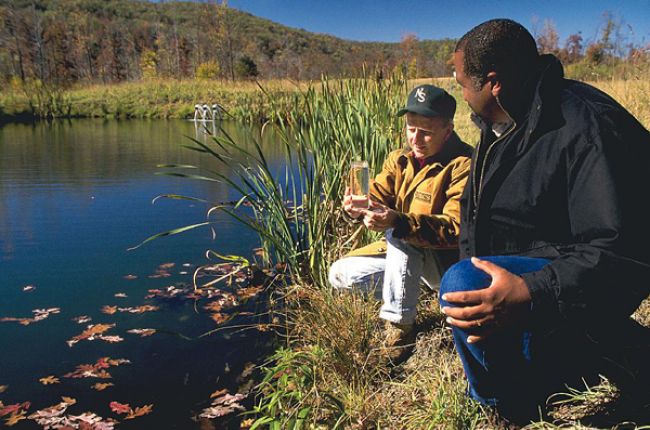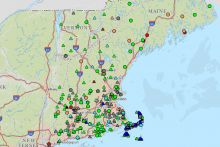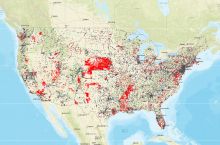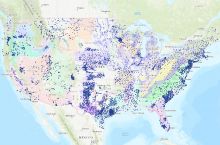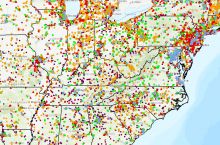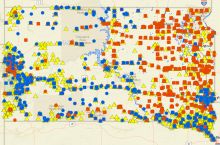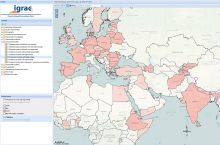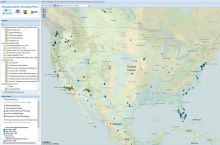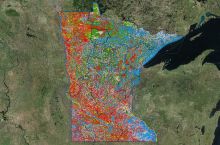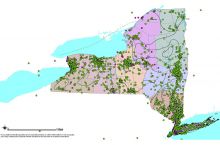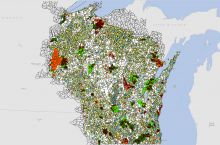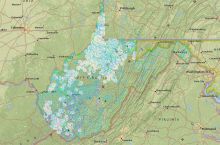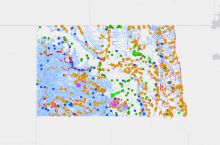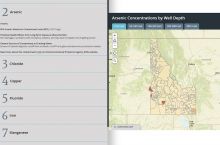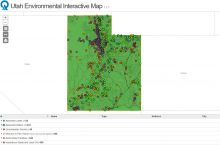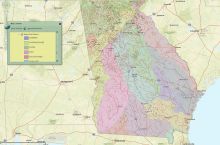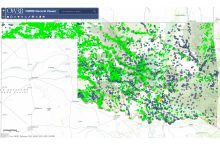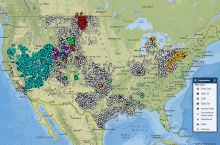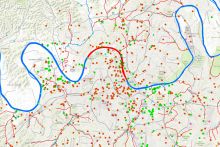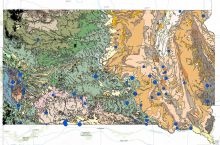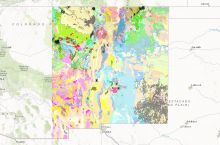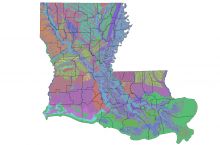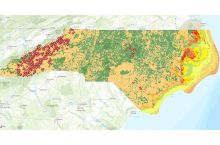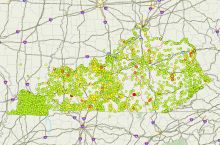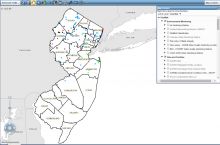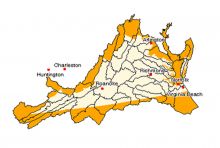Water quality is a measurement of how suitable water is for a particular use, like drinking or irrigation. Drinking water quality standards are based on the health effects that are likely to occur if a person is exposed to poor water. Industrial or agricultural water supplies will require different water standards. Water contaminants can be natural or man-made. Contaminants can include bacteria, metals, and man-made chemicals like pesticides or pharmaceutical drugs. Other natural properties of water can affect its quality, such as pH and dissolved minerals (such as salts or calcium).[1] Contamination can also alter these natural properties.
Why does water quality matter?
Contaminants are harmful to human health, especially to vulnerable populations such as the elderly or the very young. The quality of a stream or wetland affects everyone's health, from the plants and animals that live in it to the people who live downstream. If water is unsuitable for a particular purpose, we have to find alternative resources, sometimes at high cost.
How does geoscience help inform decisions on water quality?
Geoscientists monitor the quality of surface water and ground water for society's needs, especially for human consumption. They find the origin of natural and man-made contaminants, and determine ways to remove them.
References
1U.S. Geological Survey, 2001, "A Primer on Water Quality" https://pubs.usgs.gov/fs/fs-027-01/
Learn More
Introductory Resources
- A Primer on Water Quality (Webpage and PDF), U.S. Geological Survey
A basic overview of water quality, how it is measured, and how natural and human processes affect it.
- Surf Your Watershed (Interactive Map), Environmental Protection Agency
Searchable data hub allowing users to find information on water quality and other environmental information for watersheds across the United States
Resources for Educators
- Education Resources Network, AGI's Center for Geoscience & Society
Search for water quality resources in: Professional Resources, Organizations, Curricula & Instruction, Teaching Media, Outreach Programs
- NGSS Performance Expectations, Next Generation Science Standards
K-ESS3-3, 5-ESS3-1, MS-ESS3-3, MS-ESS3-4, HS-ESS3-4
- NGSS Disciplinary Core Ideas, Next Generation Science Standards
ESS3.C
Frequently Asked Questions
Do you have a question that's not listed here? Search all FAQs

